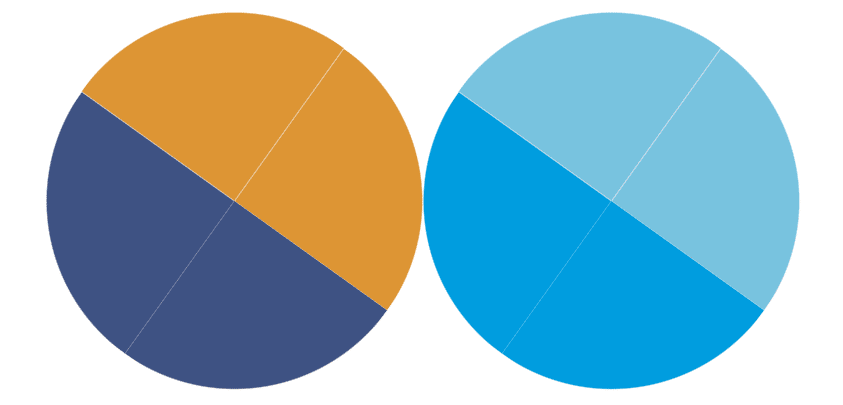
Our Framework
Understand.
During this phase, we work to step away from any assumptions and guesses about what our customers needs, and let our research findings inform our decision-making. We learn more about our customers, their problems, wants, and needs, and the environment or context in which they will use the solution we offer.
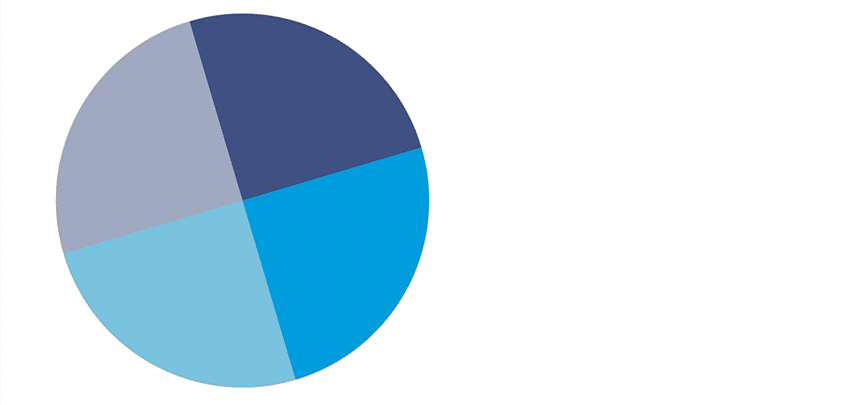
Our Framework
Define.
During the Define phase, we analyze our research findings from the Understand phase and determine what is the most important problem to solve — and why. This step defines the goal. Then we can give a clear problem statement, describing what our customers’ needs are that we are trying to solve, making sure that we heard and defined their problem correctly.
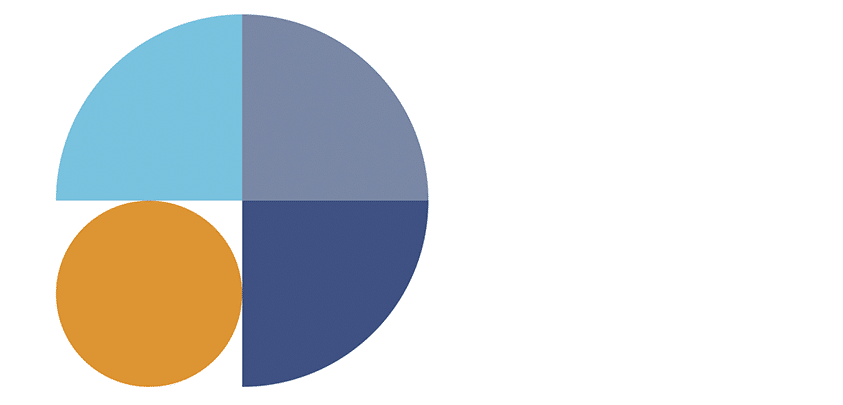
Our Framework
Solve.
This phase is an important part of the discipline in our process. People often settle for the first solution, but the most obvious solution is often not the right one. During the Solve phase, we brainstorm collaboratively with multiple stakeholders to generate many unique solutions. We then analyze our potential solutions and make choices about which are the best to pursue based on learnings in the Understand phase.
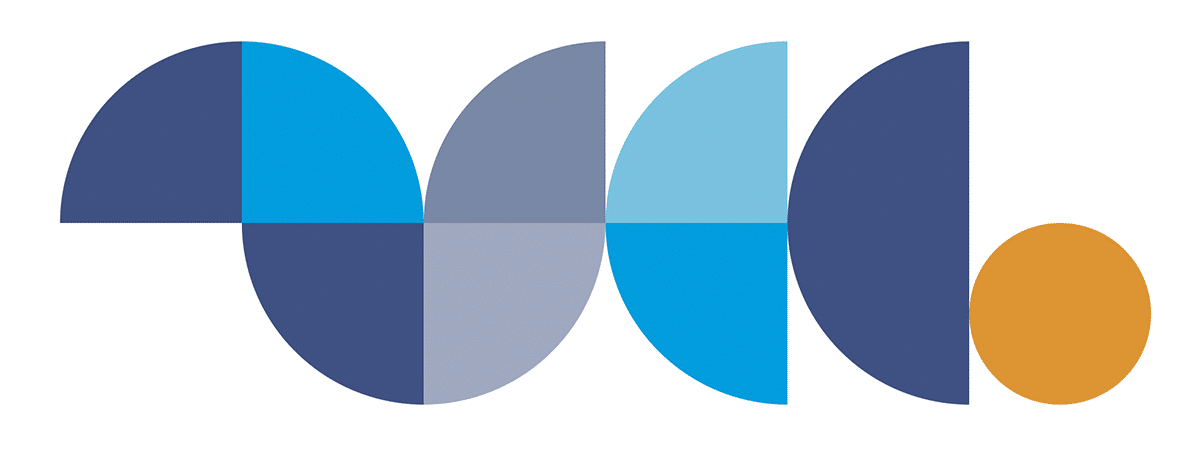
Our Framework
Build and Test.
This phase is critical in developing the right solution to our customers’ problem. An organized approach to testing can help avoid rework and create exceptional outcomes. Starting small and testing the solution, we iterate quickly, before deploying solutions across the entire project.

Our Framework
Act.
During this phase, the hard work of prior phases comes to life in our customers’ best solution. The research, collaboration, and testing performed prior to project kick-off ensure optimal results.
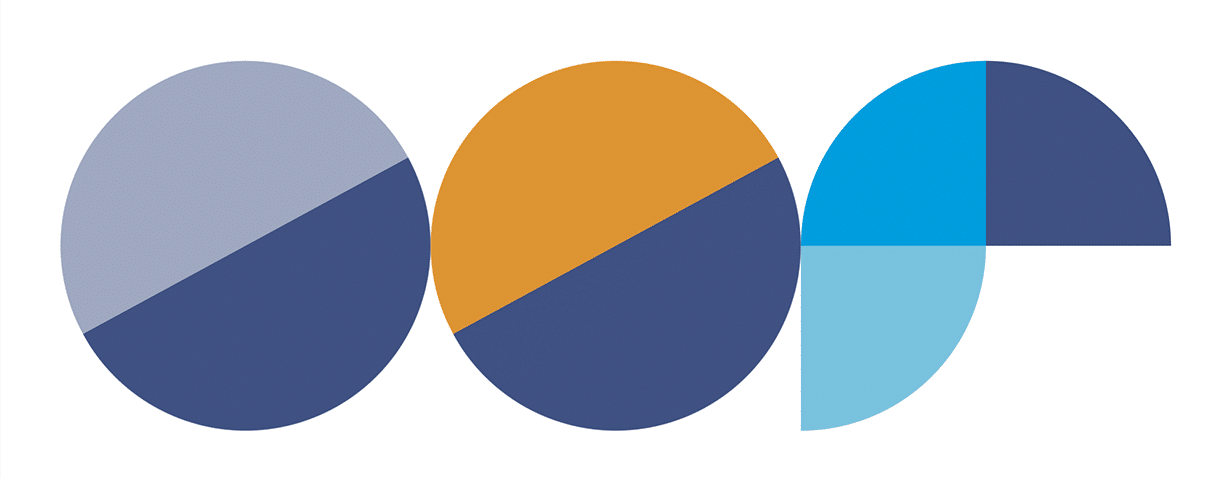
Our Framework
Feedback.
At the project completion, we convene all stakeholders to discuss what went well, what could have been better, and how we might improve going forward. We call these meetings “Retrospectives,” and we perform them internally as a project team, and with our external customers. The Retrospective is one of the most powerful, meaningful tools in our framework.
